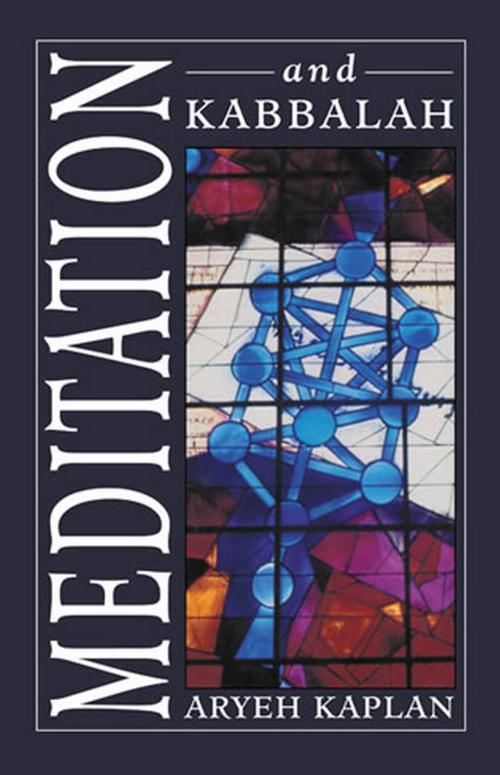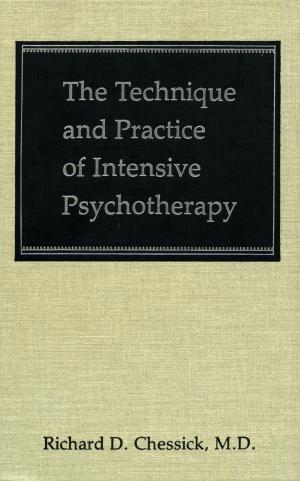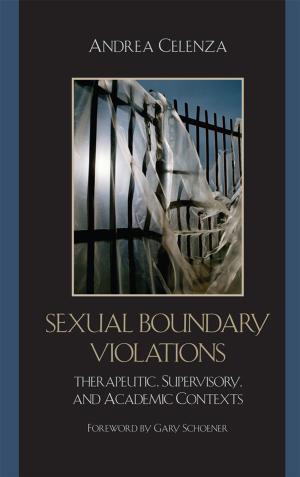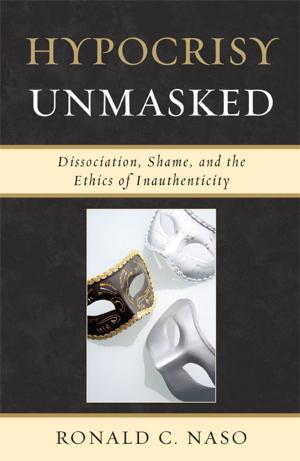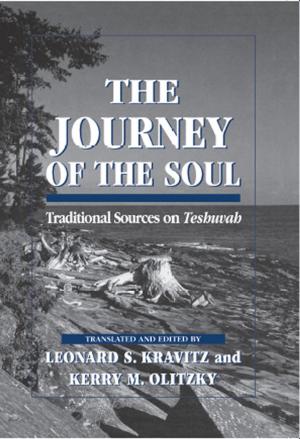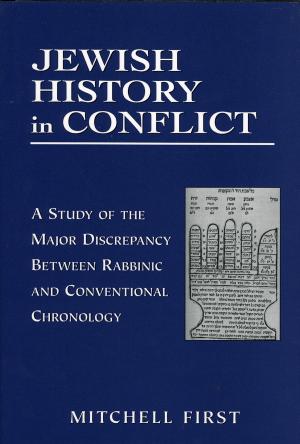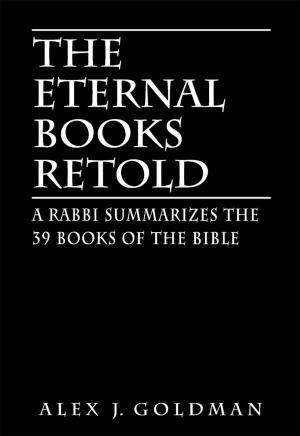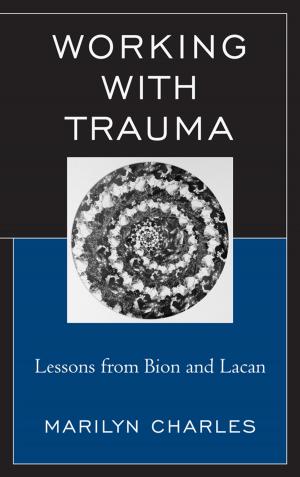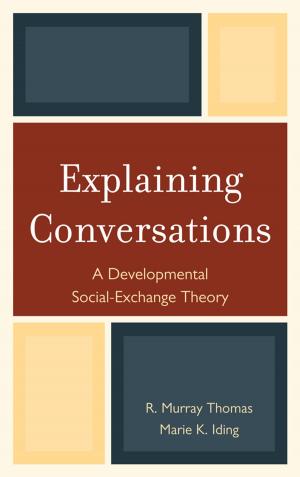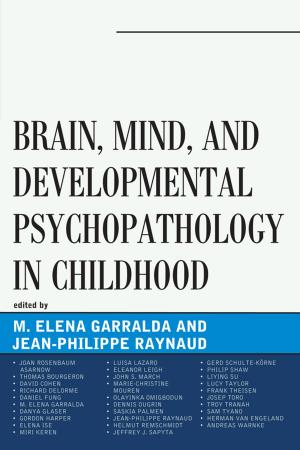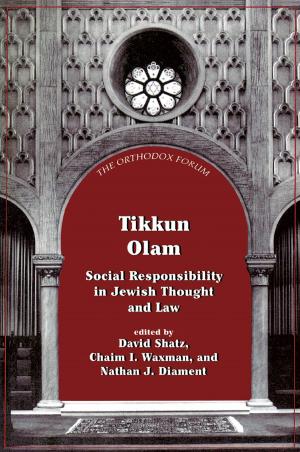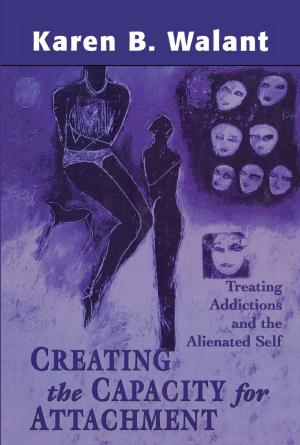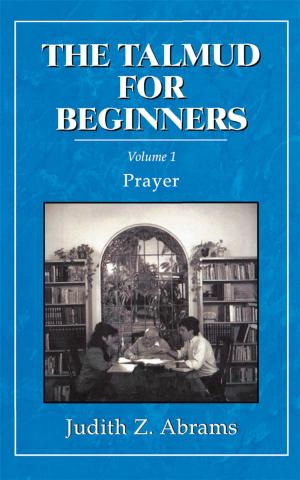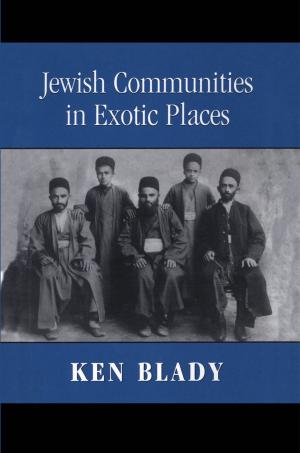Meditation and Kabbalah
Nonfiction, Religion & Spirituality, Inspiration & Meditation, Mysticism, Judaism| Author: | Aryeh Kaplan | ISBN: | 9781461629535 |
| Publisher: | Jason Aronson, Inc. | Publication: | January 1, 1995 |
| Imprint: | Jason Aronson, Inc. | Language: | English |
| Author: | Aryeh Kaplan |
| ISBN: | 9781461629535 |
| Publisher: | Jason Aronson, Inc. |
| Publication: | January 1, 1995 |
| Imprint: | Jason Aronson, Inc. |
| Language: | English |
The Kabbalah is divided into three branches—the theoretical, the meditative, and the practical. While many books, both in Hebrew and English, have explored the theoretical Kabbalah, virtually nothing has been published regarding the meditative methods of these schools. This is the first book published in any language that reveals the methodology of the Kabbalists and stresses the meditative techniques that were essential to their discipline. Kaplan offers a lucid presentation of the mantras, mandalas, and other devices used by these schools, as well as a penetrating interpretation of their significance in light of contemporary meditative research.
In addition, Meditation and Kabbalah presents relevant portions of such meditative texts as the Greater Hekhalot (textbook of the Merkava School), the writings of Abraham Abulafia, Joseph Gikatalia's Gates of Holiness, Gate of the Holy Spirit (textbook of the Lurianic School), and the important meditative hasidic classics. Also investigated is the intriguing possibility, suggested by the Zohar, that the meditative methods of the East might have been derived from the mystical techniques of the prophets.
The Kabbalah is divided into three branches—the theoretical, the meditative, and the practical. While many books, both in Hebrew and English, have explored the theoretical Kabbalah, virtually nothing has been published regarding the meditative methods of these schools. This is the first book published in any language that reveals the methodology of the Kabbalists and stresses the meditative techniques that were essential to their discipline. Kaplan offers a lucid presentation of the mantras, mandalas, and other devices used by these schools, as well as a penetrating interpretation of their significance in light of contemporary meditative research.
In addition, Meditation and Kabbalah presents relevant portions of such meditative texts as the Greater Hekhalot (textbook of the Merkava School), the writings of Abraham Abulafia, Joseph Gikatalia's Gates of Holiness, Gate of the Holy Spirit (textbook of the Lurianic School), and the important meditative hasidic classics. Also investigated is the intriguing possibility, suggested by the Zohar, that the meditative methods of the East might have been derived from the mystical techniques of the prophets.
